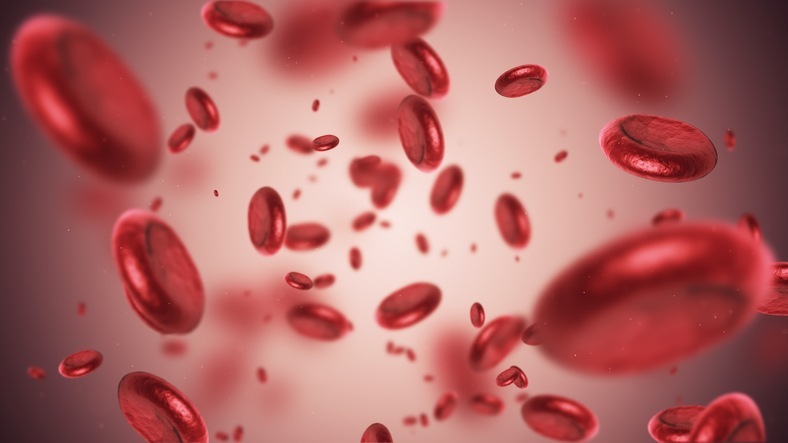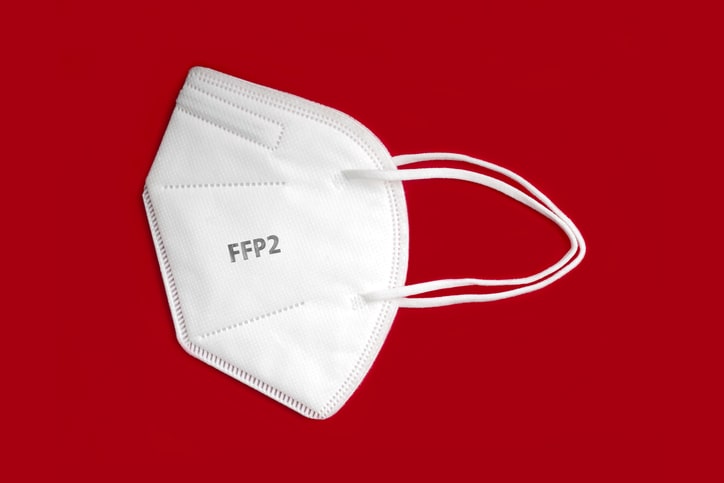
A majority of patients with advanced chronic
kidney disease (CKD) develop anemia. Relative deficiency of erythropoietin is a
major driver of anemia in CKD; however, iron deficiency is a key mechanism
associated with impaired erythropoiesis in patients with reduced kidney
function.
Iron deficiency plays a crucial role in anemia
in CKD due to absolute iron deficiency (a true paucity of iron stores) or a
functional (relative) deficiency that prevents the use of available iron
stores.
Both absolute and functional iron deficiency
in CKD are associated with rick factors such as blood losses, impaired iron
absorption, and chronic inflammation. There are limitations to the traditional
biomarkers used to diagnose iron deficiency anemia (IDA) in patients with CKD,
creating challenges in the detection and management of patients with CKD and IDA.
In a recent issue of the Journal of the
American Society of Nephrology, Elizabeth Katherine Batchelor, MD,
and colleagues reviewed the pathophysiology and available diagnostic tests for IDA
in CKD [doi.org/10.1681/ASN.2019020213]. The researchers highlighted the
literature that has informed current practice guidelines for the treatment of IDA
in CKD.
The article addresses the potential risks of a more liberal approach to iron supplementation and the potential risks and benefits of intravenous versus oral iron supplementation in this patient population.







 © 2025 Mashup Media, LLC, a Formedics Property. All Rights Reserved.
© 2025 Mashup Media, LLC, a Formedics Property. All Rights Reserved.